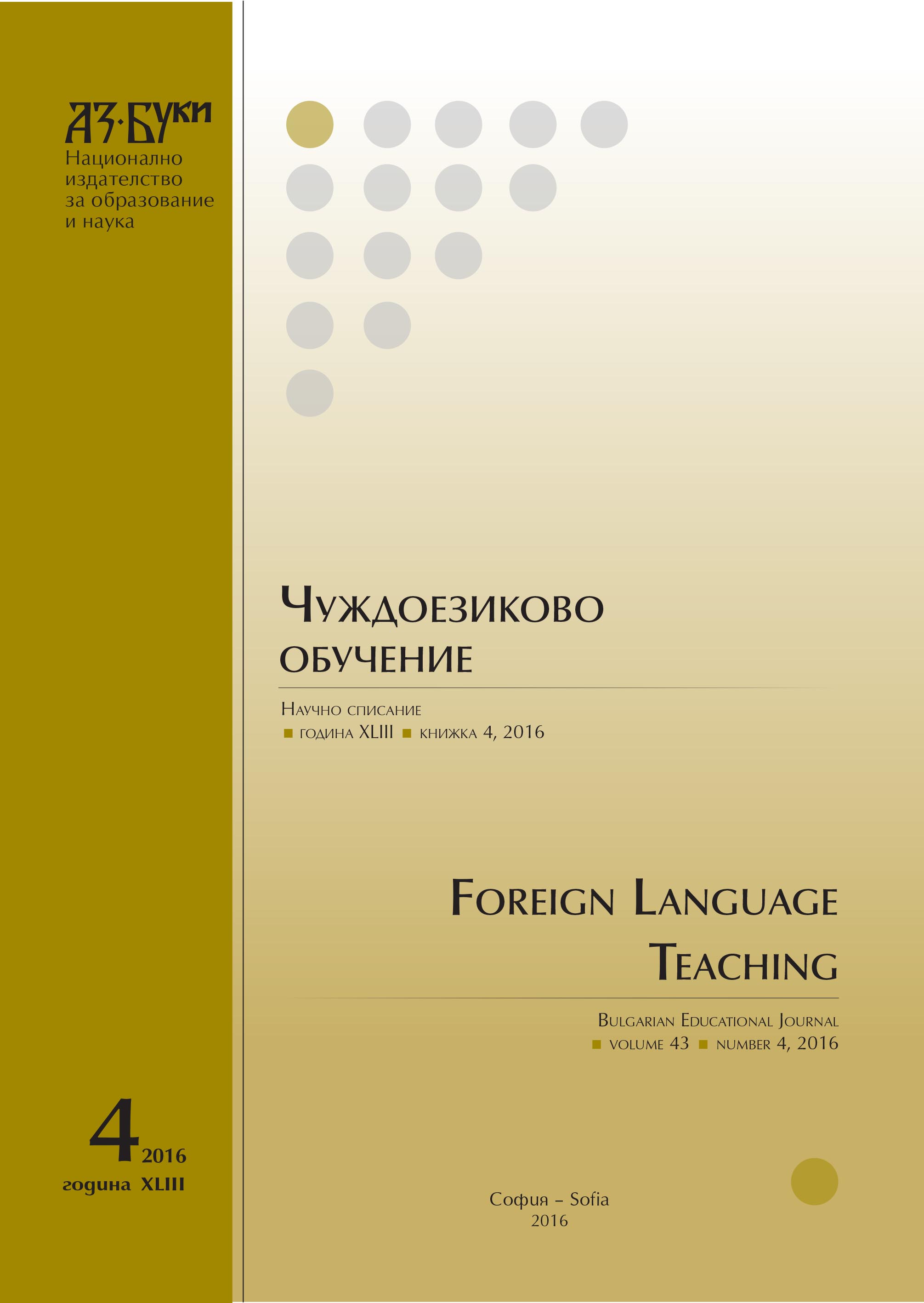Концепт „капуста“/„зеле“ в русской и болгарской лингвокультурах
The Concept “Cabbage” in Bulgarian and Russian Linguacultures
Author(s): Irina ManovaSubject(s): Social Sciences, Language and Literature Studies, Education, Foreign languages learning, Theoretical Linguistics, Applied Linguistics, Phonetics / Phonology, Language acquisition, Comparative Linguistics, Cognitive linguistics, Vocational Education, Adult Education, Higher Education , Philology, Inclusive Education / Inclusion
Published by: Национално издателство за образование и наука „Аз-буки“
Keywords: linguaculture; linguaculturology; concept “cabbage”
Summary/Abstract: The paper offers a parallel comparative analysis of the concept “cabbage” (капуста/зеле) in the Bulgarian and Russian linguacultures. The theoretical part of the article contains a brief account of the achievements of the Bulgarian linguaculturology. The analytical part embraces the semantic variants of the lexemes капуста/зеле in each of the two linguacultures, their cognate words as well as idiomatic expressions, proverbs, sayings and pieces of folklore containing these components. The analysis shows that in the Bulgarian linguaculture the word “cabbage” has mainly negative connotations. On the contrary, due to the fact that cabbage was a basic product in the traditional Russian diet, in the Russian linguaculture капуста has more positive connotations.
Journal: Чуждоезиково обучение
- Issue Year: 43/2016
- Issue No: 4
- Page Range: 382-391
- Page Count: 10
- Language: Russian

